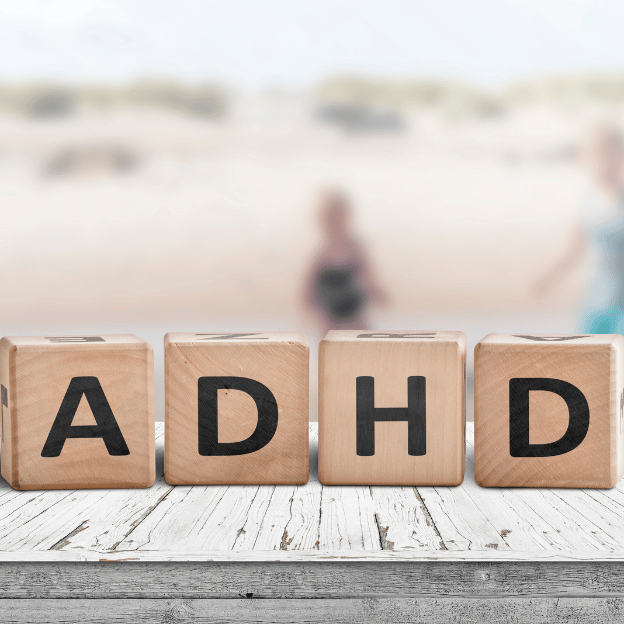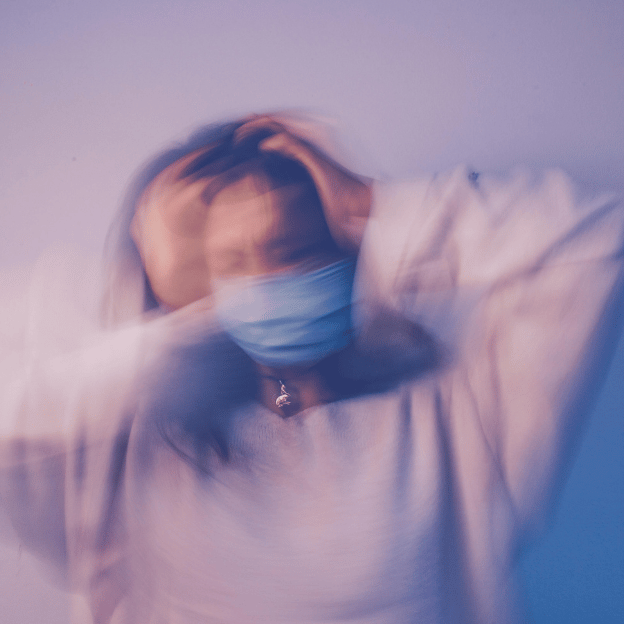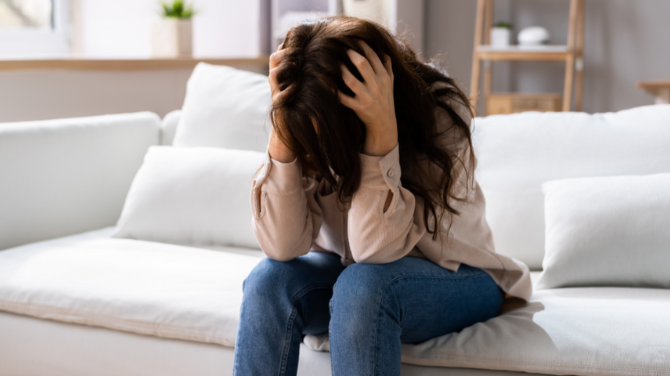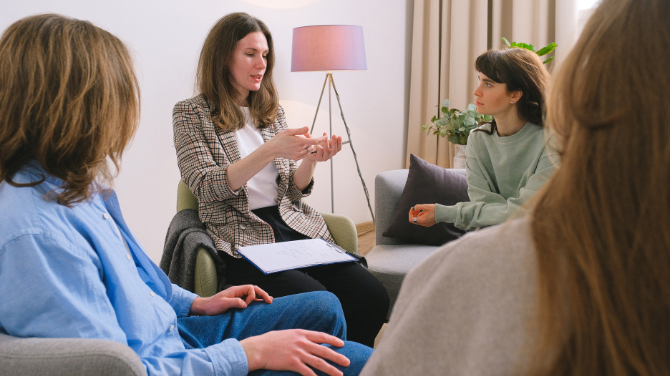Ritalin Use in Childhood and Anxiety Attacks in Adulthood: A Concern We Must Acknowledge
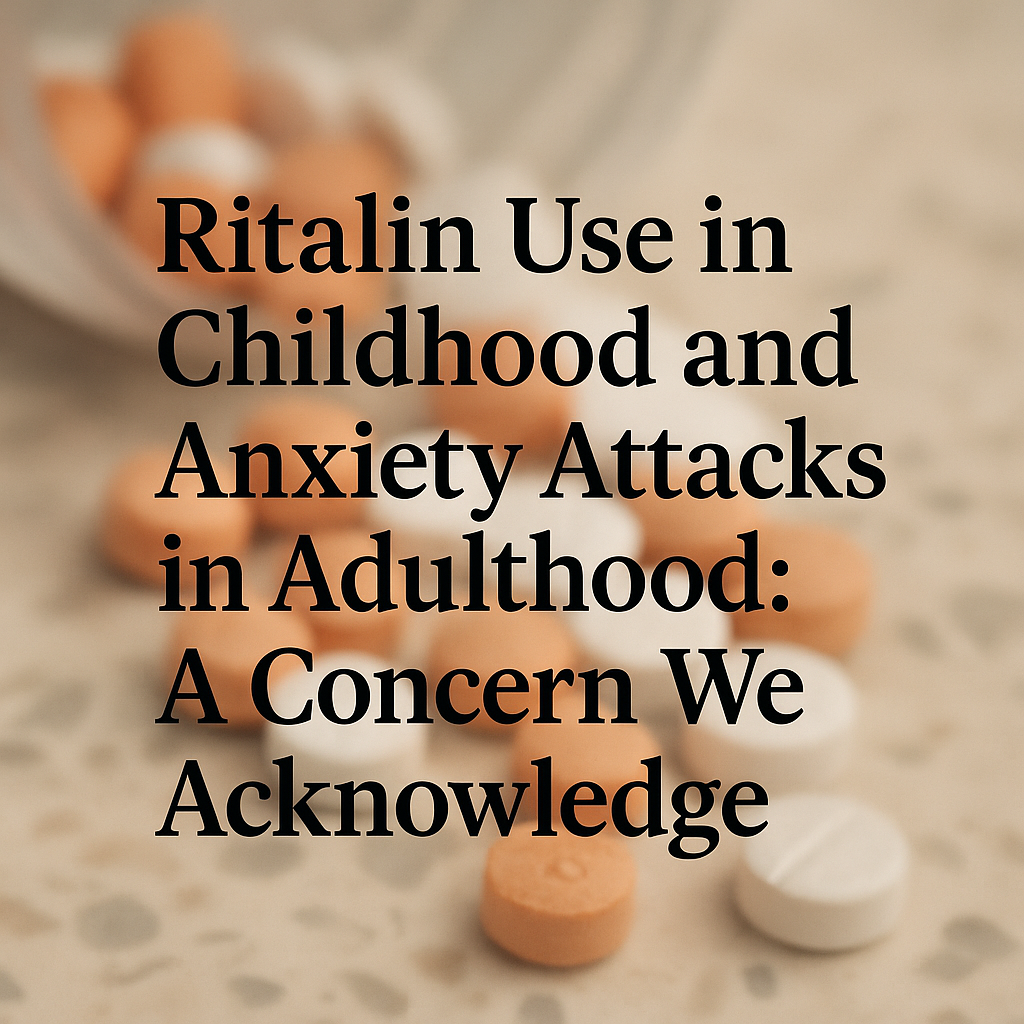
Strong 8k brings an ultra-HD IPTV experience to your living room and your pocket.
Over the years, I’ve had the privilege of walking alongside many individuals through their recovery and healing journeys—both as a chaplain and an addiction and mental health worker. One topic that has surfaced repeatedly, yet doesn’t receive enough mainstream attention, is the lingering psychological effects of childhood stimulant use, particularly Ritalin (methylphenidate), into adulthood.
Many adults who were treated with Ritalin as children now report experiencing anxiety attacks, sometimes severe, well after discontinuing the medication. This isn’t about blaming a tool that may have helped them manage ADHD symptoms at the time—it’s about acknowledging what long-term support, care, and awareness may be needed after the medication ends.
Understanding the Connection
Ritalin alters dopamine and norepinephrine levels in the brain—chemicals tied to attention, energy, and executive functioning. In a developing brain, this can have benefits in the short term, but it may also shape long-lasting neurochemical patterns.
As adults stop using Ritalin, the brain must adjust to functioning without artificial regulation. That adjustment can trigger physiological responses that resemble panic—racing heart, difficulty breathing, intense fear—especially under stress. For some, these aren’t just "symptoms of life," they’re debilitating anxiety attacks.
What We See in Practice
I’ve worked with individuals who describe feeling "lost" or "ungrounded" in adulthood, especially after years of medicated focus. When their natural coping mechanisms weren’t developed alongside their treatment, adulthood hits hard—bills, deadlines, family pressure—and they crash. Anxiety becomes the new normal, and it’s often misdiagnosed or misunderstood.
This is not to condemn Ritalin. It's to say this:
Medication without long-term emotional support is not a full treatment.
Let’s Talk About Prevention and Healing
If you or someone you know is navigating these feelings—panic, fear, overwhelm—after having taken Ritalin as a child, know that you are not alone, and there is a path forward.
✅Mental health monitoring after discontinuation of medication is crucial.
✅Therapy, particularly trauma-informed or anxiety-specific approaches, helps reconnect people with their bodies and sense of control.
✅Peer support and case management can make all the difference.
In Closing
We owe it to this generation—and the next—to ensure that treatment doesn’t end at the pharmacy counter. If we prescribe Ritalin to help a child focus, we must also ask: Who helps them focus when the pills stop? Who teaches them to breathe, to trust their brain again, and to feel safe in their own body?
Let’s keep this conversation going. Healing is possible—but only if we’re willing to look honestly at where the wounds begin.
Over the years, I’ve had the privilege of walking alongside many individuals through their recovery and healing journeys—both as a chaplain and an addiction and mental health worker. One topic that has surfaced repeatedly, yet doesn’t receive enough mainstream attention, is the lingering psychological effects of childhood stimulant use, particularly Ritalin (methylphenidate), into adulthood.
Many adults who were treated with Ritalin as children now report experiencing anxiety attacks, sometimes severe, well after discontinuing the medication. This isn’t about blaming a tool that may have helped them manage ADHD symptoms at the time—it’s about acknowledging what long-term support, care, and awareness may be needed after the medication ends.
Understanding the Connection
Ritalin alters dopamine and norepinephrine levels in the brain—chemicals tied to attention, energy, and executive functioning. In a developing brain, this can have benefits in the short term, but it may also shape long-lasting neurochemical patterns.
As adults stop using Ritalin, the brain must adjust to functioning without artificial regulation. That adjustment can trigger physiological responses that resemble panic—racing heart, difficulty breathing, intense fear—especially under stress. For some, these aren’t just "symptoms of life," they’re debilitating anxiety attacks.
What We See in Practice
I’ve worked with individuals who describe feeling "lost" or "ungrounded" in adulthood, especially after years of medicated focus. When their natural coping mechanisms weren’t developed alongside their treatment, adulthood hits hard—bills, deadlines, family pressure—and they crash. Anxiety becomes the new normal, and it’s often misdiagnosed or misunderstood.
This is not to condemn Ritalin. It's to say this:
Medication without long-term emotional support is not a full treatment.
Let’s Talk About Prevention and Healing
If you or someone you know is navigating these feelings—panic, fear, overwhelm—after having taken Ritalin as a child, know that you are not alone, and there is a path forward.
✅Mental health monitoring after discontinuation of medication is crucial.
✅Therapy, particularly trauma-informed or anxiety-specific approaches, helps reconnect people with their bodies and sense of control.
✅Peer support and case management can make all the difference.
In Closing
We owe it to this generation—and the next—to ensure that treatment doesn’t end at the pharmacy counter. If we prescribe Ritalin to help a child focus, we must also ask: Who helps them focus when the pills stop? Who teaches them to breathe, to trust their brain again, and to feel safe in their own body?
Let’s keep this conversation going. Healing is possible—but only if we’re willing to look honestly at where the wounds begin.
Note: IndiBlogHub features both user-submitted and editorial content. We do not verify third-party contributions. Read our Disclaimer and Privacy Policyfor details.



